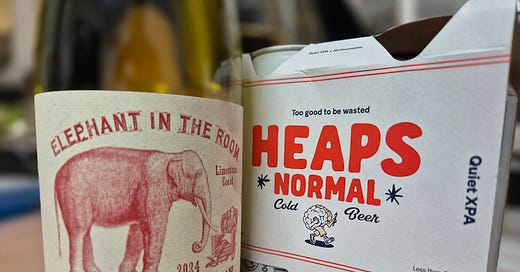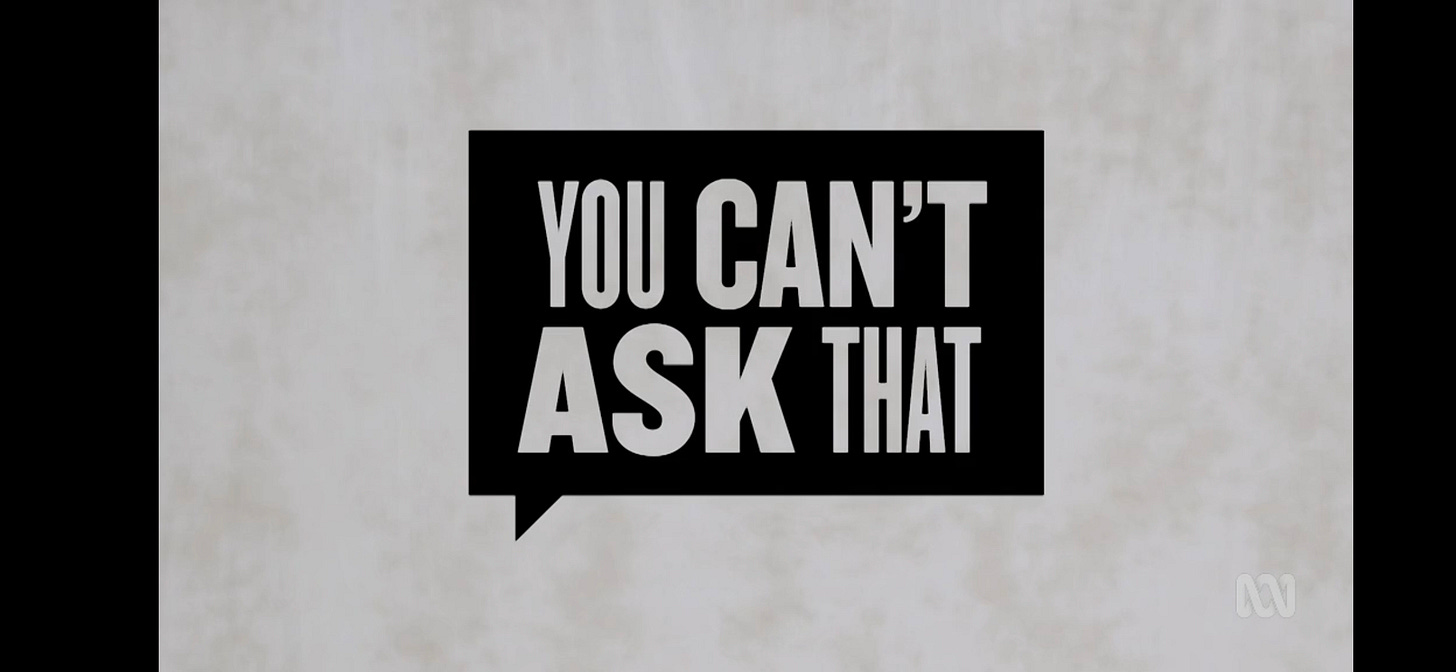There's an unwritten list of sensitive issues which social propriety teaches us to avoid when talking to others. For instance anything to do with politics, religion, money or sex.
To that list can be added medical problems, especially cancer and its treatment. A generation ago the peculiar word cancer1 was unmentionable, coupled with ignorance, fear and stigma2. Sufferers avoided telling others about their condition. Even now the word is likely to induce anxiety so may not be explicitly mentioned by doctors in the initial phases of diagnosis3. I sensed my own GP was awkward when he broke the news so I had to join the dots myself to a degree. I can understand. Nobody wants to confront that sort of message too directly. Conversations of this type aren't normally part of our day to day interactions.
Yet our aversion to difficult talk can lead to more avoidance as we dare not put ourselves in a situation where such unease might occur. Lacking confidence in knowing what is appropriate to say or ask, we might keep our distance by skirting around the obvious topic.
The word normalisation has specific technical meanings in a lot of the science areas I have studied, such as physics, signal processing, mathematics, statistics, computing, data analytics4. If you know, you know, otherwise I'll spare you the details. But there is another use I have vested interest in, related to sociology. How is it that certain behaviours and attitudes, including our reservations, come to be seen as normal?
One way to break the ice and perhaps make cancer seem less like a forbidden subject is the use of humour5. Another is writing, providing readers with remote access into the author's otherwise secret inner world. Along with that I would add the willingness of the affected person to convey useful information face to face rather than amplifying distress. But then I'm an introverted middle aged male scientist so I could be out of step with the finer points of interpersonal communication.
In the ABC documentary series “You Can't Ask That” subjects answer exactly the sort of uncomfortable questions you never have the courage to ask in polite company. The episode interviewing the terminally ill is worth seeing6. I can't say I agree with all their answers, nor have I really begun to experience anywhere near their level of troubles, but I'm reflecting what my responses would be. Don't hesitate to enquire. It helps to normalise the situation for all of us.
Today's song choice is short, quite direct, hence right on point. It is those whose lives continue for whom normal is forever altered.
https://theconversation.com/why-is-cancer-called-cancer-we-need-to-go-back-to-greco-roman-times-for-the-answer-228288
https://www.asbmb.org/asbmb-today/policy/011622/the-war-on-cancer-at-50
https://www.medicalprotection.org/uk/articles/should-you-mention-the-c-word-when-it-is-probably-nothing
https://en.m.wikipedia.org/wiki/Normalization
https://youtube.com/shorts/Uw1vOSLDWzE
https://iview.abc.net.au/show/you-can-t-ask-that/series/1/video/LE1517H010S00






Love the photo. I’ve been thinking about why I’m interested in following your journey… and partly, I hate to admit, it’s like the interest one has in a car crash… but also, I do think it has a lot to do with your apparent willingness to be frank about something that is often obscured in all sorts of ways… you are normalising this thing we avoid.. not just cancer, but death… which I think is even more taboo… and I really appreciate that
To this list I would add childhood trauma and mental illness….🤔